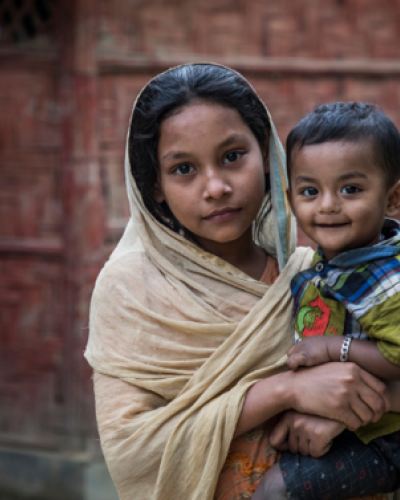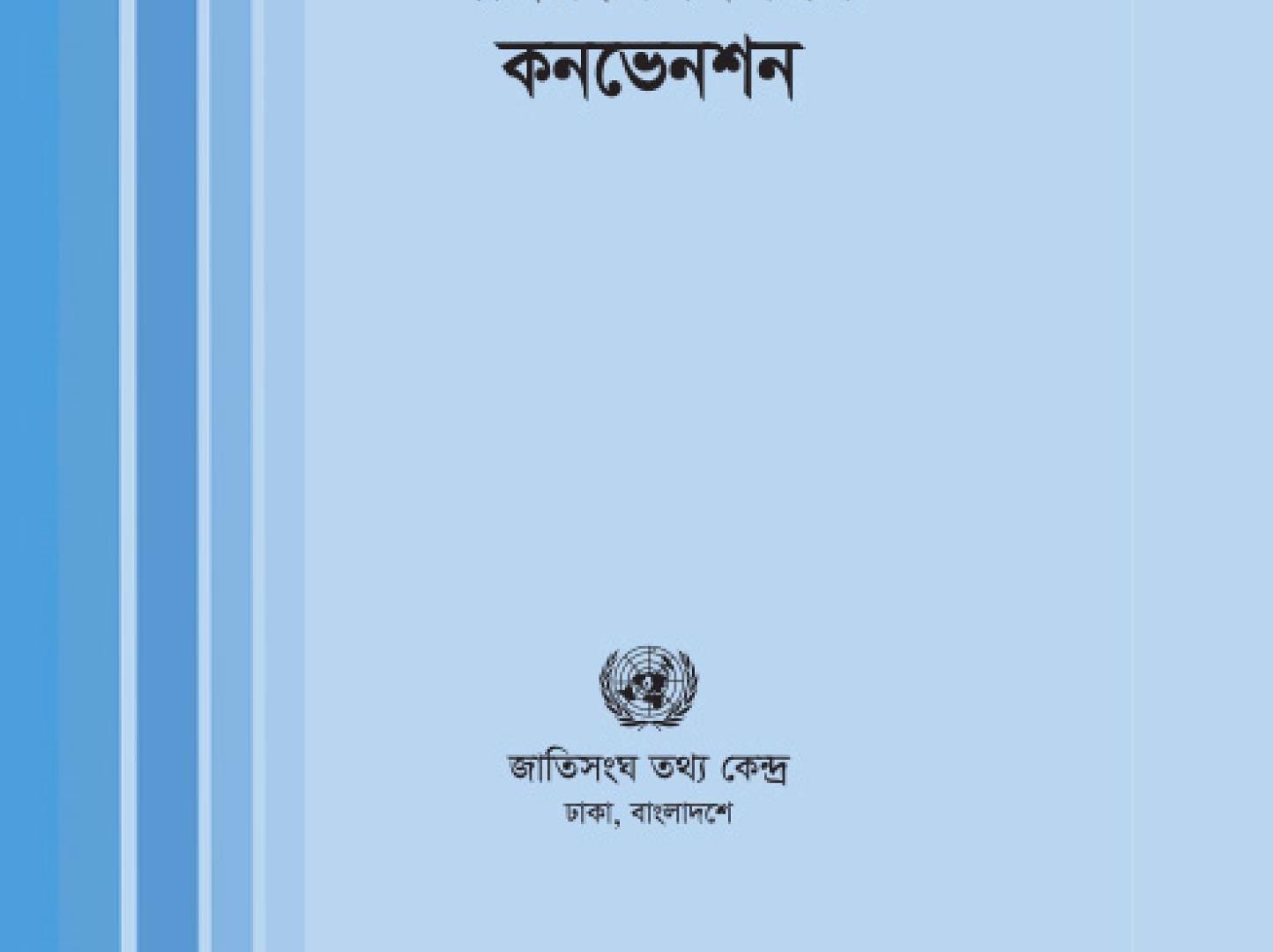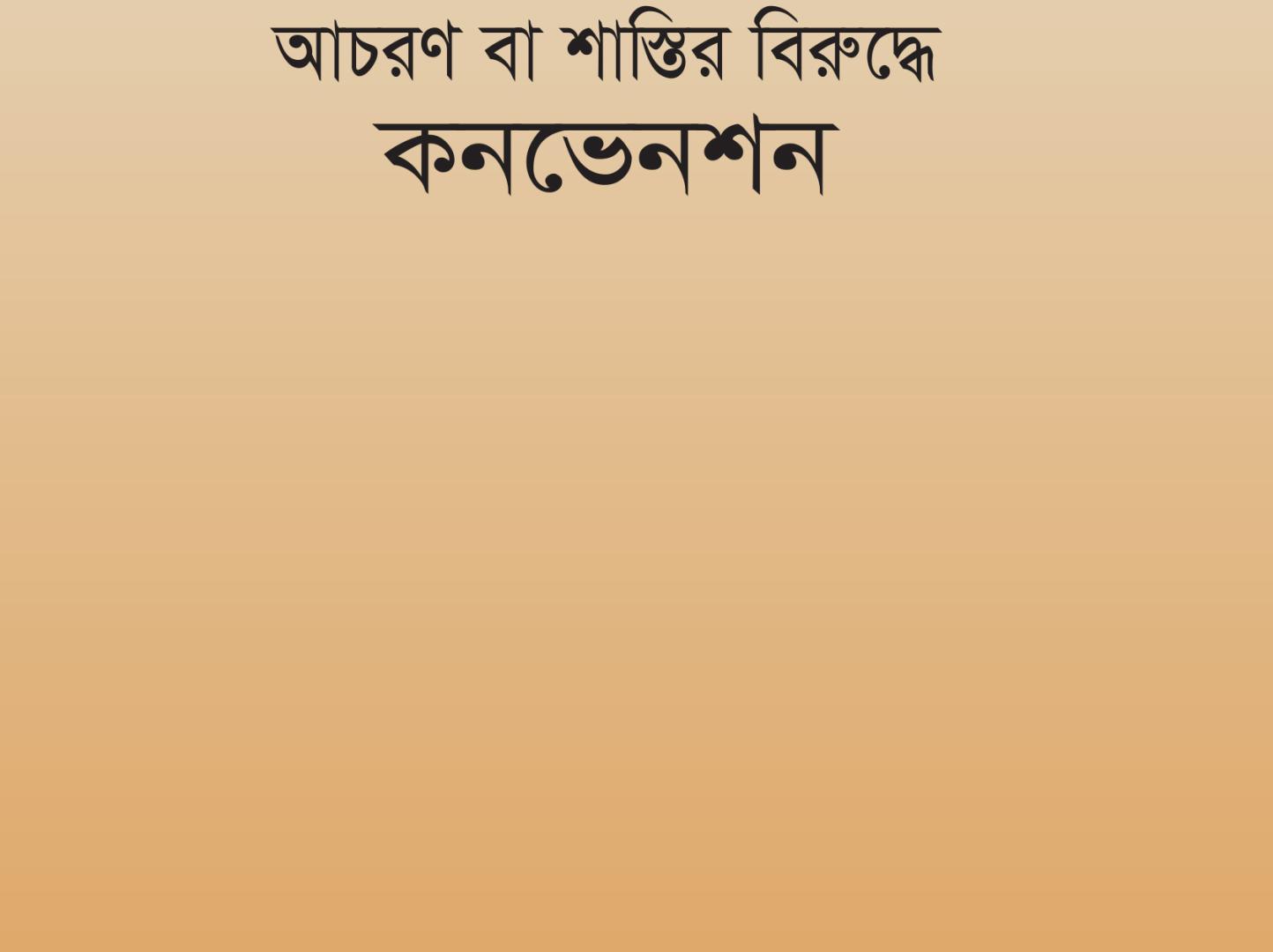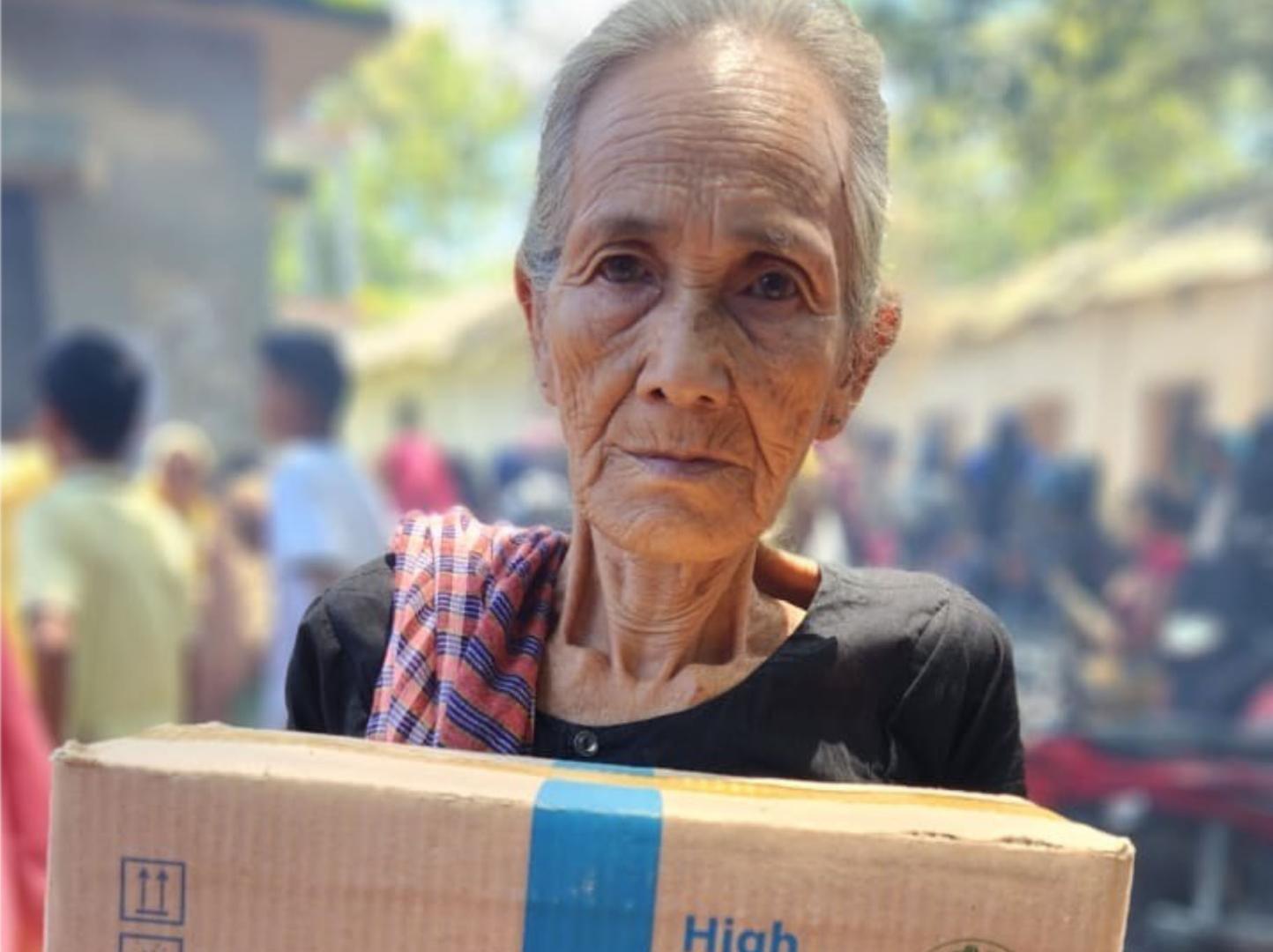Formulating Sustainable Health Strategies: Multistakeholder Workshop on the Rohingya Refugee Crisis

On July 1, 2024, the Health Sector, in collaboration with the World Health Organization and the Office of the UN Resident Coordinator, conducted a Strategic Dialogue Workshop in Cox’s Bazar. This workshop aimed to address the ongoing challenges and formulate cost-effective and sustainable strategies for the health sector in response to the Rohingya refugee crisis.
The health sector faces significant challenges, including a continuous decline in already limited resources, a high disease burden, and infrastructural constraints. The health system in Cox’s Bazar is under immense strain, with services and resources often overwhelmed by a growing population fully dependent on humanitarian aid and simultaneously challenged by acute biological and natural disasters. Additionally, some NGOs’ reluctance to adhere to Health Facility Rationalization recommendations poses further challenges. Efforts are also aligned with Sustainable Development Goal (SDG) 3 targets to achieve and sustain the elimination of diseases like dengue, adding another layer of complexity to the situation. Furthermore, there is a lack of resource sustainability due to interruptions in funding from sources like IOM, UNHCR, and WHO, which may lead to the suspension of many health services, including referrals, field coordination, and monitoring. The Joint Response Plan (JRP) for 2024 highlights the necessity of $87 million to sustain essential health services and of June 30th has received $19 million, a whopping 76 % funding gap.
“The objective of this workshop is to identify ways to integrate services effectively, eliminate duplication, and ensure alignment. The insights gained from our discussions will lay the groundwork for engaging with donors and fostering dialogue to advance the sector.” - Gwyn Lewis, UN RC for Bangladesh.
Cox’s Bazar's health response has experienced severe funding shortages as shown in figure 1. This lack of funding has resulted in shortages of staff, equipment, and services, adversely affecting the overall delivery and quality of health services. Secondary health care is heavily impacted, due to insufficient resource allocation for Comprehensive Emergency Obstetric and Neonatal Care (CEmONC), trauma care, and major surgeries
“The Rohingya crisis has transitioned from an acute emergency to a protracted one, demanding a strategic shift. We must optimise our resources, reassess our approach, and explore innovative ways to move forward without duplication, ensuring no gaps are left unaddressed.” – Dr Bardan Rana Jung, WR of Bangladesh.
To address these challenges, the Health Sector team and partners, in coordination with the Cox’s Bazar Civil Surgeon Office and theRefugee Relief and Repatriation Commissioner (RRRC), have implemented several initiatives. The Health Facilities Rationalization Strategy aims to enhance efficiency and ensure equitable access to priority health services by reducing the number of primary healthcare facilities. Additionally, the General Health Card, introduced in August 2023, facilitates continuity of care across health facilities, reduces service duplication, and improves patient follow-up. “We need to focus on sustainability and explore innovative solutions like an e-health card, which could save millions of dollars.” – Dr Jorge Martinez, Head of Sub Office Cox’s Bazar. Effective coordination and leadership are paramount for the Rohingya response in 2024-2025. Aligning all stakeholders, including UN agencies, NGOs, and local health authorities, towards common health objectives is crucial.
WHO has been playing a pivotal role in leading health sector coordination, establishing guidelines, and providing technical support to improve healthcare delivery in the camps. The Epidemiological surveillance and health sector’s emergency response capabilities and are both essential for understanding disease patterns and devising effective interventions respectively. WHO’s Hepatitis C surveillance program exemplifies the integration of epidemiology and emergency response to tackle high disease prevalence and enhance health outcomes.
Group discussions focused on addressing the existing challenges and provided a platform to collectively strategize and prioritize actions to enhance health and well-being for the Rohingya refugee population. The dialogue aimed to identify areas for improved coordination among stakeholders to create a more effective and efficient health response. It also sought to introduce innovative solutions, such as e-health cards, and to strengthen emergency response capabilities and epidemiological surveillance for more effective crisis management. Additionally, the workshop proposed strategies for engaging donors to secure long-term funding, which is essential for sustaining health services.
For more on this publication please contact Terence Ngwabe Che, External Communications Officer, Cox’s Bazar Office WHO Bangladesh at chet@who.int







